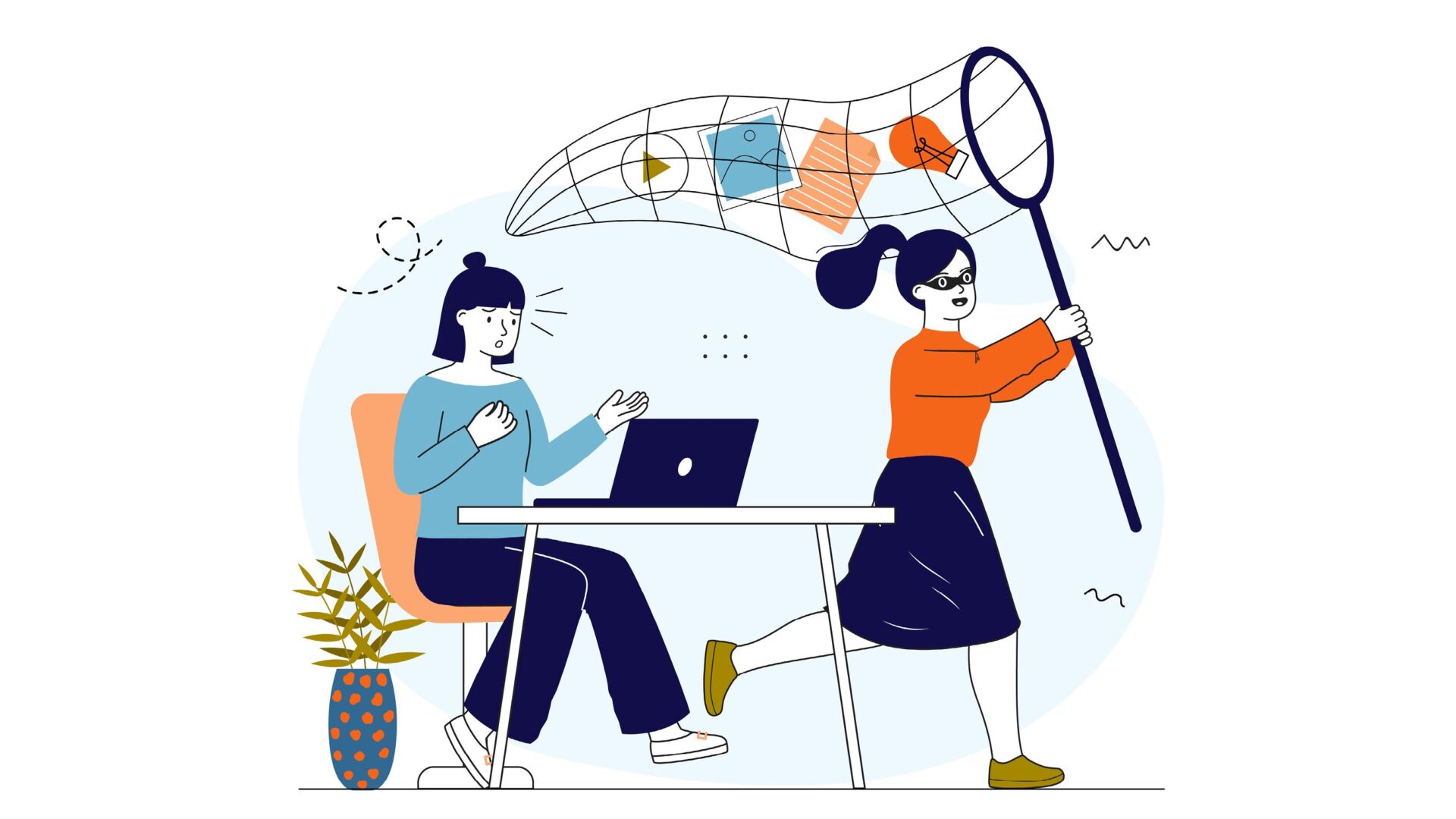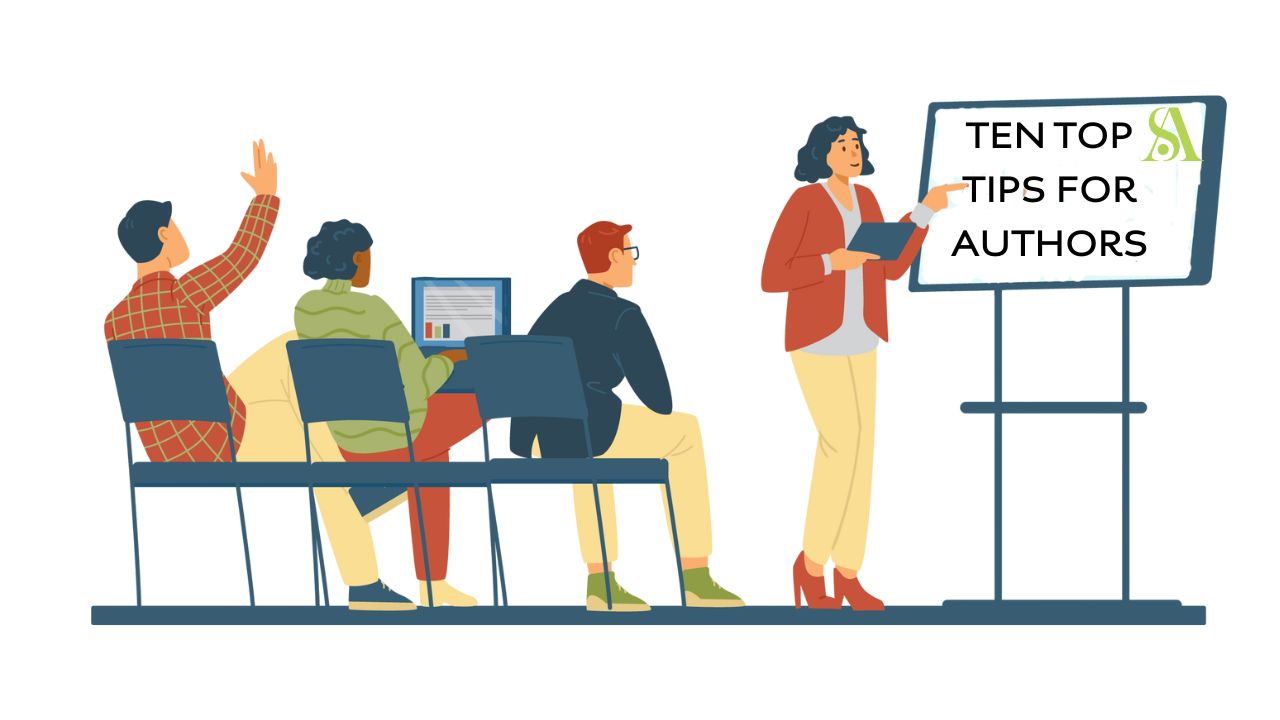3 March 2022
As the government unveils its ‘Living with Covid’ plan, almost all respondents to our latest Authors in the Health Crisis survey report ongoing concerns over the impact of Covid-19.
Key findings
- Almost all respondents (93%) expressed a continued concern over the impact of Covid-19 in 2022.
- Almost half of all respondents (45%) reported ongoing concerns over the continued impact of the pandemic on their mental or physical health.
- Over half of all respondents (56%) reported that their income in 2021 was lower than in 2019.
- Sixty percent of those who saw a drop in income (58.3%) saw their income drop by at least 25%. More than a third (36.7%) saw a drop of at least 50%.
- Almost half of all respondents (48.8%) continued to experience cancellations of events and other activities throughout 2021.
This is the fifth Authors in the Health Crisis survey, looking at the impact of Covid-19 on authors’ livelihoods. The online poll ran from December 2021 to January 2022 and received 222 responses.
Two years on from the start of the pandemic, these latest results show the sustained impact of the health crisis on authors’ incomes and wellbeing. Continued loss of earnings, event cancellations, and the overall effect of the pandemic on authors’ ability to work, have left almost all respondents with ongoing concerns about the impact of Covid.
Authors’ health and wellbeing
Almost half of all respondents (45%) reported ongoing concerns over the continued impact of the pandemic on their mental or physical health, with some respondents reporting severe mental health issues as a direct result of the pandemic and lockdown.
Commonly reported experiences were mental health issues, feelings of isolation, and the impact of the pandemic on motivation and creativity. A fifth (19%) reported ongoing concerns over their ability to even carry out their work due to lack of time, lack of inspiration, difficulties carrying out research and poor mental or physical health.
A quarter of all respondents talked of ongoing concern over the state of the industry, expressing worries about the financial effect of cancellations, publication delays, online-only marketing and lack of publicity opportunities, and supply chain issues.
Continued loss of income
This comes at a time when income and work opportunities are failing to recover for many authors. Over half of all respondents (56%) reported their income in 2021 was lower than in 2019. Sixty percent (58.3%) saw their income drop by at least 25%. Almost half (48.8%) continued to experience cancellations of events and other activities throughout 2021.
While some of the income figures indicate a slight improvement in the earnings situation for authors (our May 2021 survey showed that 57% were earning less), the sample size is too small to indicate any positive trends and any improvements need to be read against a backdrop of rising inflation and spiralling domestic bills.
Commenting on the survey findings, SoA chief executive Nicola Solomon said:
We are concerned but not surprised to see that authors are still suffering badly from the pandemic, both financially and in terms of wellbeing and mental health. Along with ALCS, RLF and other partners we have gone to great lengths to address immediate needs, giving more than £1.7 million in grants since March 2020. But this is not a permanent or sustainable solution to the precariousness of creative careers. We believe it is time for industry to look at models that protect authors through difficult times, and which could make a career as an author seem less unpredictable, and a more attractive and realistic option for a more diverse range of authors, including those from poorer socio economic backgrounds.
Government support
Despite the sustained impact on authors’ incomes, there is a continued lack of adequate Government support. At the two-year point, less than 7.6% of all authors feel the Government has done enough to support authors during the pandemic.
Very few of the authors surveyed were eligible for the furlough scheme, self-employment income support scheme (SEISS), or the universal credit uplift. Sixty percent of our respondents didn’t benefit at all from Government financial support packages, or expected not to.
Only 31% of respondents in England benefited from the SEISS scheme at any time since April 2020, this figure dropped to 19% in Scotland and 44% in Wales. No respondents from Northern Ireland or Wales reported having benefited from furlough in any of our surveys.
For many of the authors we surveyed, the financial support available failed to accommodate the fact that authors’ incomes often fluctuate. Some reported that assessments for support like the SEISS assessments were based on a year where they had reduced income so didn’t meet the threshold.
Next steps
Our latest findings show authors’ incomes and ability to work continue to be hit by the pandemic, with no significant signs of improvement.
As the Government’s progresses its ‘Living with Covid’ plan, we will continue pushing for them to implement the recommendations in our Six Point Plan. This includes the provision of targeted financial support for self-employed authors who are struggling and ensuring all authors are properly paid for their work.
We are also calling on the Government to contribute to our Authors’ Contingency Fund to help us continue to provide financial support to authors in need.
Will we continue to monitor the situation for authors to see if anything improves, with a sixth survey planned for the Autumn.
Support for authors
The SoA’s Authors Contingency Fund, which distributed £1.3 million in 2020 and £357,900 in 2021, continues to invite applications, including from people who have received grants in previous years.
Resources
For more information and resources to help you with your work, finances and wellbeing, please see our support pages.
Our health and wellbeing pages have plenty of resources to help you look after yourself, included a collection of wellbeing-focused videos from our SoA @ Home festival.
Join a group
Our groups and networks bring together communities of authors with a range of shared interests from the professional to the personal, from work area to geographical area, including our Carers’ Network and our Authors with Disabilities and Chronic Illnesses network.
For an overview of our groups and networks, see our recent video.






